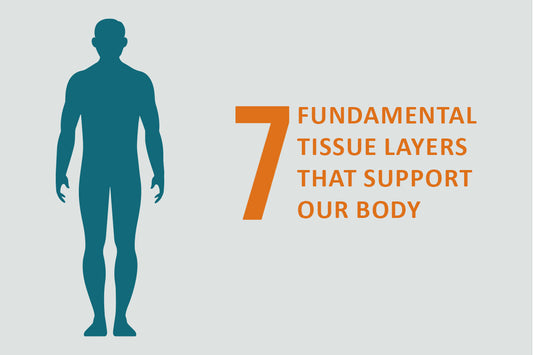Have you ever looked up from your phone and realized hours had flown by? Or found yourself rushing through the day, barely aware of where the time went? In today’s fast-paced world, it often feels like there’s never enough time. But what if there was a simple way to make time feel like it’s moving more slowly?
That’s where meditation comes in. Many people claim that practicing mindfulness meditation helps them feel more present and calm—and some even say it stretches out their sense of time. But is there any truth to this? can you really slow down time by meditating. Let’s explore how the practice of meditation may influence your experience of time and help you feel more in control of your day.
How We Experience Time
To understand how meditation might slow down time, it helps to first look at how we perceive time in the first place. Time perception isn't about clocks or calendars. It’s about how we feel time passing in our minds. For instance, time may seem to fly when you're busy or distracted, but it might drag when you’re waiting for something or feeling bored.
This "time flying" sensation is especially common in our modern lifestyle. We jump from one task to another, constantly multitasking and checking our devices. This state of being scattered often disconnects us from the present moment, making time feel like it's slipping through our fingers.
What Meditation Does to Your Mind
Meditation practice—especially mindfulness meditation—trains you to pay attention to what’s happening right now, without judgment. Whether it’s your breath, body sensations, or your thoughts, the goal is to observe without reacting or rushing.
By doing this regularly, you're teaching your brain to focus and slow down. And when your attention becomes more centered, your sense of time may begin to stretch. You’re no longer stuck on autopilot. Instead, you're fully immersed in the moment, and that makes time feel fuller, richer—even slower.
Why Meditation Feels Like Time is Slowing Down
There are a few reasons why this happens:
- You're More Present
When you’re not constantly jumping to what’s next, you get to truly experience what’s happening now. This makes each moment feel more meaningful and noticeable. People who practice mindfulness often report that they’re more in tune with small details—the sound of birds, the way food tastes, or the feel of their breath. These little things add depth to your day and create the sense that time isn’t racing by.
- You're Less Distracted
Distraction scatters your attention and leads to that “where did the time go?” feeling. Meditation helps train your focus, so you’re not pulled in ten different directions. When you're less distracted, your brain can process time in a more balanced way. It no longer feels like chunks of your day are missing.
- You Develop a Healthier Relationship with Time
People who meditate regularly often say they feel less rushed. This isn’t because they magically get more hours in the day—but because their experience of time changes. They respond to stress differently, feel more grounded, and are able to stay calm even when life is moving fast. This helps ease the constant pressure that often comes with time-related stress.
Science Behind the Experience
Studies have started to explore how meditation might influence time perception. Some findings suggest that mindfulness meditation may alter brain activity in areas involved with attention and sensory processing. This shift can help the brain register more details in a given moment, which might explain the stretched-out feeling of time.
One study found that participants who practiced meditation reported a slower sense of time than those who didn’t. While this doesn’t mean you’re literally changing time itself, it supports the idea that your perception of time is flexible—and can be influenced by your mental state.
How to Start Practicing Meditation for Time Awareness
If you’re curious to try this for yourself, here are a few simple ways to begin:
- Start Small
Begin with just 5 minutes a day. Sit quietly, close your eyes, and focus on your breath. Notice the inhale and exhale without trying to change it. When your mind wanders, gently bring it back.
- Try a Guided Meditation
There are plenty of free apps and videos offering guided meditation. These can help walk you through the process and make it easier to stick with.
- Practice Mindfulness During Everyday Tasks
You don’t have to be sitting cross-legged to practice mindfulness. Try being fully present while eating, walking, or even washing dishes. Focus on the sights, smells, and sensations of the moment.
Helpful Tips for Staying Consistent
- Pick the same time each day to make it a habit.
- Be kind to yourself if you miss a day. Just start again the next day.
- Don’t expect instant results. The benefits often come with time and practice.
Final Thoughts
You can’t stop the clock, but you can change how you experience time. Through mindfulness meditation, it’s possible to reconnect with the present moment, help ease that rushed feeling, and make time feel more spacious.
So the next time you catch yourself saying, “Time is flying,” consider slowing down with a few minutes of meditation. It might just help you feel like you’ve gained more time in your day—not by adding hours, but by helping you experience each one more fully.






